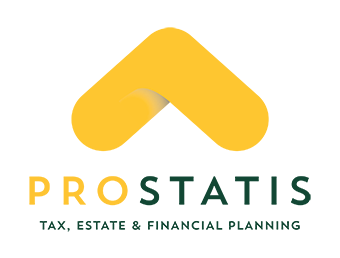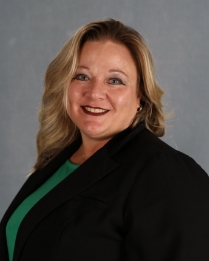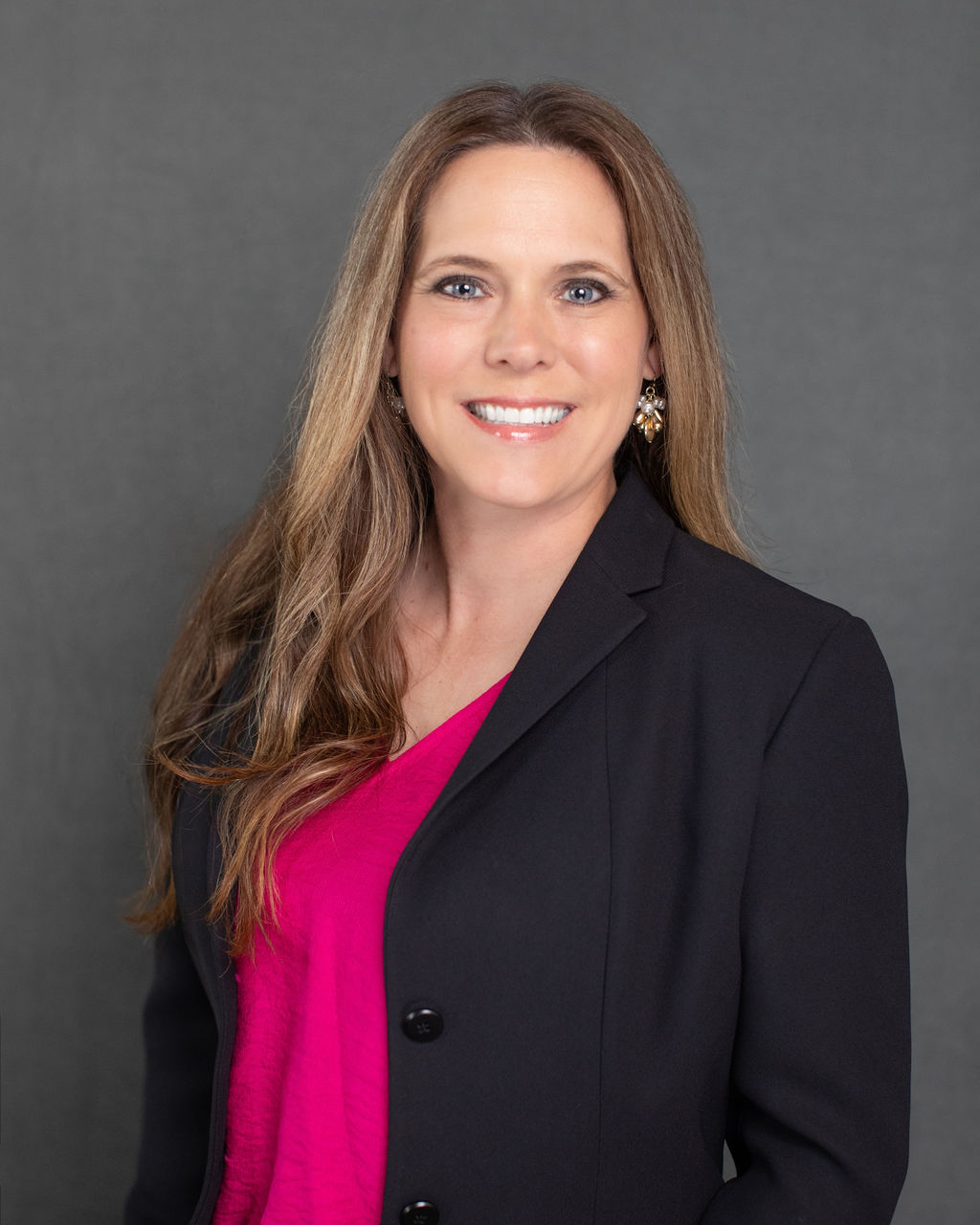The last thing people want to think about amid the bustle of November and December is taxes.
The holidays and a presidential transition — needless to say, there are a lot of big events hanging in the balance this time of year. But one thing you can actually prepare for (and feel good about) is your year-end tax planning to-do list.
While most people associate the “t” word with April 15, it’s important to recognize that good planning is ongoing and evolving. Plus, getting a leg up on your tax strategy means more savings and less anxiety for the year ahead.
Here are five tax plays you should consider making before 2017:
1. Get savvy about giving back. Traditionally, Congress has waited until the end of the year to extend the law allowing retirees to make tax-free donations to charity from their IRAs, ahead of the required minimum distribution (RMD) deadline. That all changed last year, when Congress made qualified charitable distributions (QCDs) a permanent part of the tax code. If you’re 70½, you can donate your RMD for this year (up to $100,000) directly from your IRA to a qualified charity, without increasing your adjusted gross income.
2. Ramp up your retirement savings. If you’re in the early stages of your career, retirement may seem like another world away. Allocating part of your paycheck toward a goal that’s so far off might seem impossible — but remember that the earlier you start saving, the better off you’ll be when retirement does roll around. The end of the year is the perfect time to take stock of your current situation and assess whether you’re still on track to meet your goals.
For 2016, the maximum contribution you can make to employer-sponsored retirement plans is $18,000, with a catch-up contribution of $6,000 for individuals age 50 and older. If you haven’t done so already, consider boosting your plan contributions to meet the maximum limit, or at the very least, the company match if your employer offers it. Making traditional deferrals to your plan also helps reduce your taxable income in the year you contribute, which translates to even more money in your pocket for the year ahead.
3. Consider converting. You may consider a Roth conversion, if you are having a low-income year, or a year with high deductions and or net operating losses from a business. The funds you move to a Roth IRA will be reported as income on your tax return in the year of the conversion, but will be offset by deductions or net operating losses. Again, every situation is different, and this option may or may not be the most feasible route for you. If you think you might benefit from this strategy, schedule a meeting with your tax advisor and put together a projection for determining the most optimal amount to convert before the end of the year.
4. Make the most of losses. Have you already realized a large gain in 2016? Reach out to your investment advisor before the end of the year and set up a time to review potential tax-loss harvesting opportunities.
Essentially, tax-loss harvesting is the process of selling an investment at a loss and buying a similar investment at the same time. This allows you to secure an otherwise unrealized paper loss to offset gains on your tax return, without compromising your investment strategy and the overall makeup of your portfolio. You can maximize losses up to $3,000, allowing you to mitigate your capital gains tax liability and potentially obtain greater after-tax returns on your investments.
5. Take a second look at your stock options. Make sure to meet with your tax advisor and start developing projections for your employer-sponsored stock option plan, especially if the options are due to mature or start vesting next year. Getting a head start on the review process can help you reap greater alternative minimum tax and income tax savings, which can make a big difference in your bottom line next year.
Depending on your tax situation, you may have more or less items on your planning checklist for year-end. That’s why it’s important to enlist the help of a certified, experienced tax professional — someone who has a comprehensive understanding of your current situation and of the tax code and policies, and how those might affect your strategy in the coming year.
Michael Canet is a Registered Representative with TCM Securities, Inc. and can offer securities through TCM Securities, Inc., Member FINRA/SIPC.























